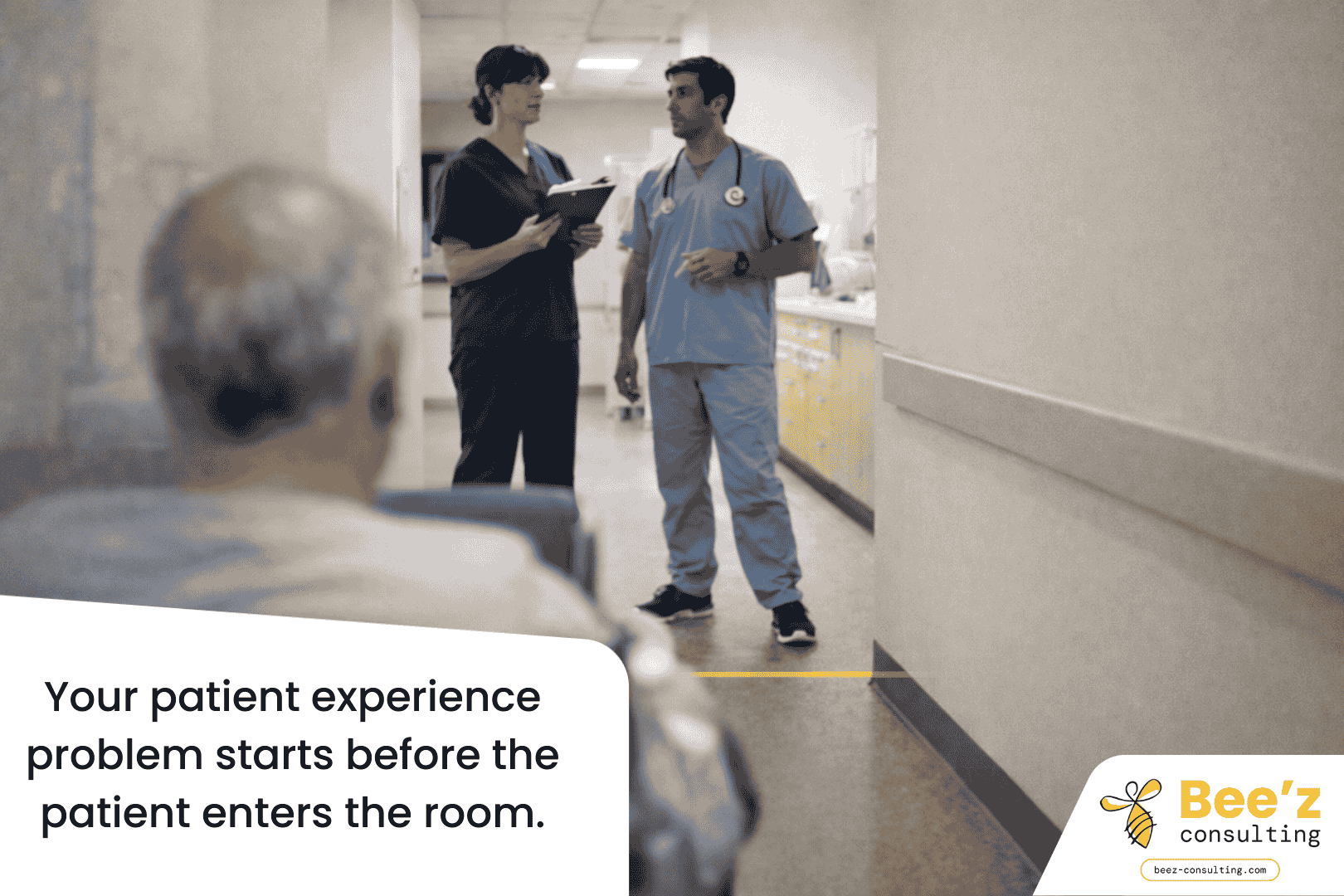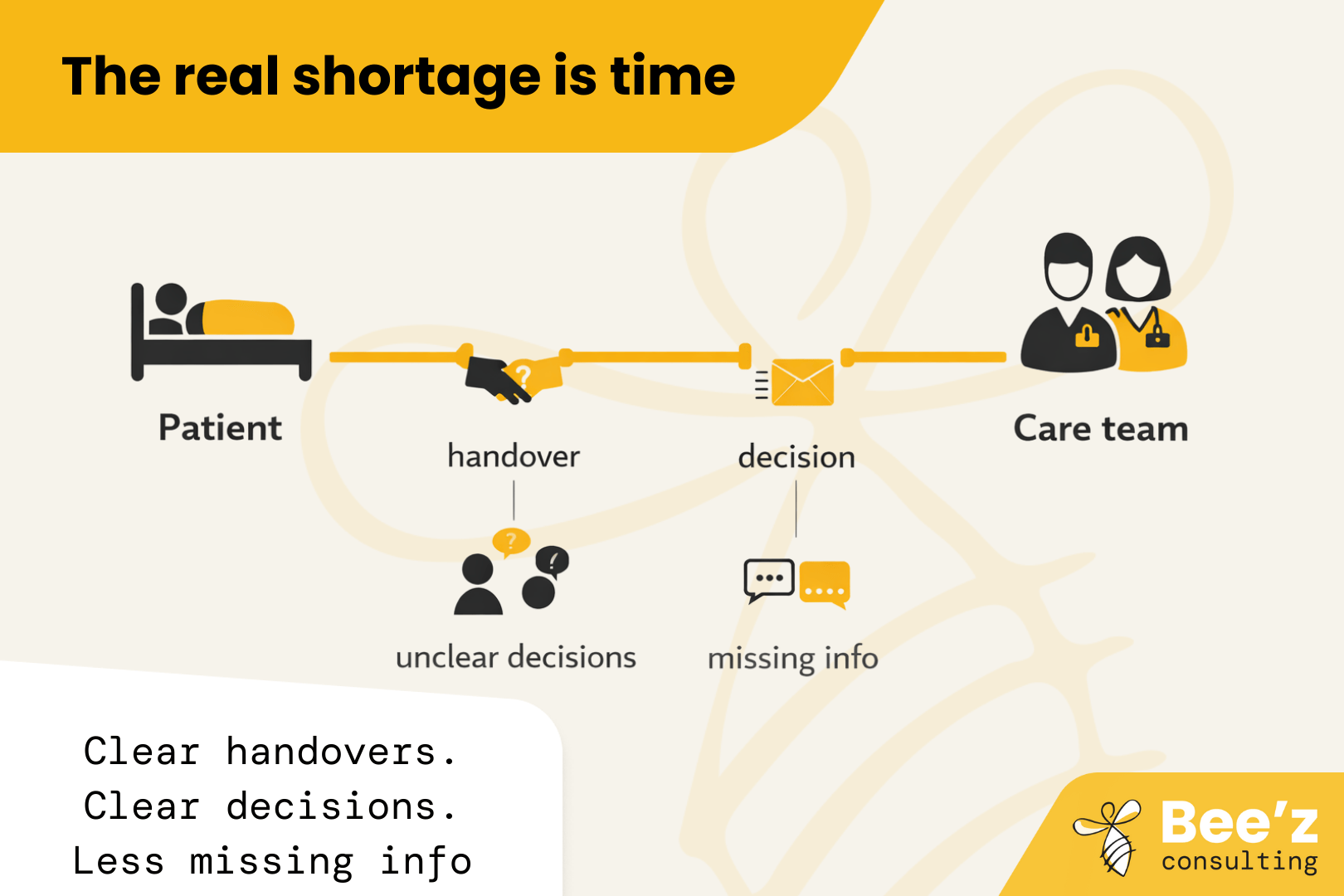.png)
In today’s fast-changing healthcare landscape, organizations are facing a dual imperative: deliver high-quality care while adapting rapidly to evolving patient and workforce needs. The solution? A strategic, people-centered transformation—driven by Human Resources.
Healthcare institutions are discovering that HR is no longer just an administrative function—it’s a catalyst for innovation, cultural transformation, and sustainable performance.
In this article, we explore how HR can drive real change in healthcare settings. Drawing on real-world examples from Novartis and Cleveland Clinic, we unpack how a human-centric approach to leadership and organizational culture can lead to better outcomes for patients and staff alike.
👉 Download our free PDF guide: “Lessons from the Pandemic – 10 Steps to Building an Agile Healthcare Organization”
Healthcare has traditionally focused on operational efficiency and clinical excellence. But behind every successful healthcare institution are motivated employees, strong leadership, and an aligned organizational culture—this is where HR plays a critical role.
By focusing on people, HR enables healthcare organizations to do more than “survive” complexity—they thrive through it.
Novartis, one of the world’s largest pharmaceutical companies, was facing significant reputational and internal cultural challenges—including ethical concerns and a lack of innovation.
In 2018, CEO Vas Narasimhan launched the “Unbossed” transformation—a cultural reorientation to empower employees, flatten hierarchy, and foster ethical, collaborative behavior.
Key steps included:
The Novartis example shows how HR-led culture shifts can transform not just internal operations, but public trust and long-term performance.
Maintaining high caregiver engagement in a demanding clinical environment was a top priority for Cleveland Clinic. The institution recognized that frontline caregivers held critical insights for improving both patient outcomes and operational practices.
Cleveland Clinic launched the Caregiver Catalyst Grant program, encouraging employees to submit ideas for enhancing patient care or caregiver well-being. Winning projects received funding and institutional support.
This initiative was part of a broader cultural shift that included:
Through strategic HR efforts, Cleveland Clinic aligned employee engagement with operational goals—and created a thriving, human-centered culture.
Both Novartis and Cleveland Clinic demonstrate that transforming organizational culture is not about surface-level perks—it’s about deep, strategic alignment and courageous leadership.
To succeed in a cultural transformation, healthcare leaders must:
Transforming culture takes time—but with the right HR strategy and leadership, it creates measurable impact.
In an industry built on caring for others, it’s time to care for the people inside the system. Strategic HR is the key to building healthcare organizations that are:
The future of healthcare will be shaped not just by medicine or technology—but by culture, leadership, and people.
Are you ready to lead this transformation?
📞 Book a complimentary consultation to explore how Bee’z Consulting can support your journey to a people-first, performance-driven culture.
Let’s design a healthcare environment where employees thrive and patients receive the care they deserve.
Bee’z Consulting — Strategic HR and change management for healthcare organizations ready to evolve.


Patient experience starts before the bedside. Fix staff-to-staff handovers with two simple habits that cut friction, boost clarity, and build trust fast.


The real shortage is time with patients. “Thrive” is the missing lever. Fix daily workflow friction so hiring and retention finally pay off.

.png)
Leadership often breaks under pressure, not in training rooms. See why simulations help leaders practise real decisions and conversations, and how Bee’z Consulting turns practice into visible results within 7 days.
